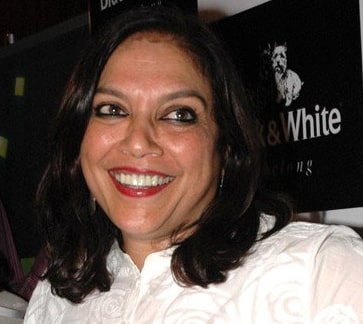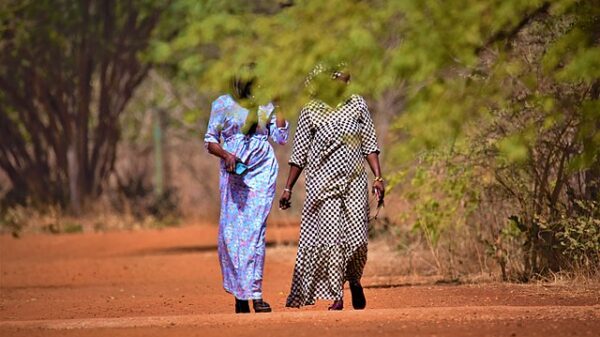Roar writer Anoushka Chakrapani reviews the first episode of Mira Nair’s A Suitable Boy TV series.
There is something about feeling seen in stories. Maybe this is why every crumb of South Asian representation I get on the big and small screen I gobble up with pleasure. Mira Nair’s adaptation of Vikram Seth’s 1993 novel, A Suitable Boy, with all its imperfections, has me wanting more. However, this mini-series cannot compare to the 1300 page long novel, as the layers within the book are bound to be lost in these six episodes. The show needs to be watched as an independent entity, separate from the book.
The long-awaited series was welcomed with mixed reviews on the 26th of July. The show follows Lata Mehra journeying love, religion and family a few years after the partition. As promising as it sounds on paper, the dialogues and the plot setups let me down. It’s not the fact that the characters communicate in English, but rather the choices of words made by Andrew Davies (writer). The writing feels dated, and not in the way period dramas are meant to be. The movement of the dialogues from one language to another does not come off as natural; it feels like a switch that is abruptly turned on and off. Davies is known for his period dramas, from Pride and Prejudice to Vanity Fair. These adaptations have been created for a British audience, which has transpired into his current work as well. A Suitable Boy creates an India that is familiar to British audiences; not necessarily true.
There is some subtle dialogue with overarching themes of colonialism, and some might argue that the language used is evidence of that. Lata (Tanya Maniktala) confronts her English professor about James Joyce’s absence from her reading list of British writers, but TS Eliot, an American, had found a place on the list. The canon plays an important role in Lata’s life: John Donne is her favourite poet, and every book she picks up is penned by either a British or American author. Another example of this is Saeeda Bai, played by the wonderful Tabu, who has beautiful exchanges in Urdu with Maan (Ishaan Khattar), son of the politician Mahesh Kapoor (Ram Kapoor). “You’re unfamiliar with the language of our great poets†– Saaeda Bai’s words pain Maan. He can speak Urdu, but sadly can’t read or write it. In an attempt to get closer to her, he decides to learn the language.
The atmosphere is meant to transport us to a past rife with communal violence and rising tensions, but feels too on the nose given the times. The show cuts between Parliament hearings and police brutality, both disputing a temple being built next to a mosque. There is not much to latch onto with this storyline; we see glimpses of Mahesh Kapoor making speeches to abolish the zamindari act, or trying to mediate rising tensions sparked by his fellow politicians.
The focus of the show stays on Lata and her pursuits, or Maan fumbling his way through life. The first two episodes introduce Lata’s prospective grooms: Kabir Durrani and Amit Chatterji. The former is deemed an unsuitable boy by her family and society for being Muslim, while the relationship with Amit is yet to be explored in the third episode. Her mother is still devoted to finding a suitable boy for her, one that checks all her boxes. Mira Nair interweaves these families with a Mosson Wedding-esque fervour, but is short for time, and the artificial dialogues block the actors from being able to portray intimacy in each relationship.
This may be BBC’s first step to represent India on screen with an all brown cast, but the sporadically deliberate accents and very British dialogues don’t ring well in my ear. I’m still looking forward to the 1950s fashion, though, as well as Ishaan Khattar’s portrayal of Maan in the coming weeks.



















